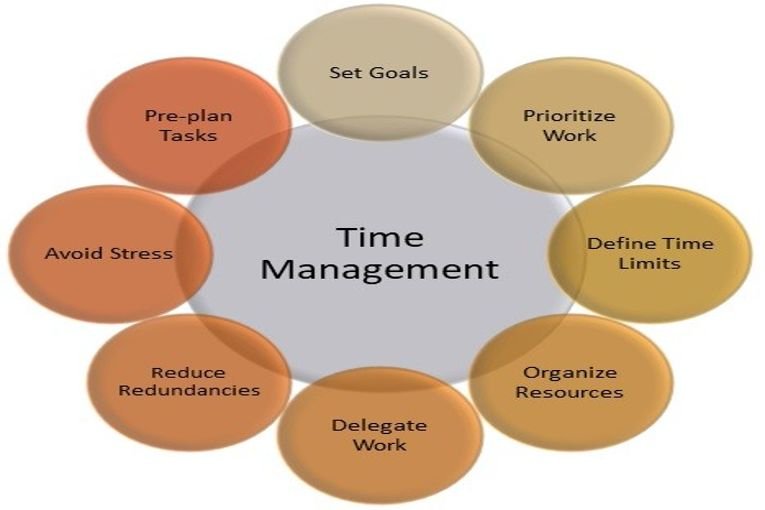The Importance of Effective Time Management in Maintaining Mental Health
In today’s fast-paced world, where demands and distractions are constantly vying for our attention, the ability to manage our time effectively has become more crucial than ever. While many people associate time management with increased productivity and efficiency, its impact on mental health is often overlooked. However, research has shown that effective time management can play a significant role in reducing stress, anxiety, and improving overall well-being.
Reducing Stress and Anxiety
One of the primary benefits of effective time management is its ability to reduce stress and anxiety levels. When we have a clear plan and structure for our day, we are better equipped to prioritize tasks, set realistic goals, and allocate time for both work and relaxation. This sense of control can help alleviate feelings of overwhelm and prevent procrastination, which are common sources of stress. By breaking down tasks into manageable chunks and setting deadlines, individuals can approach their responsibilities with a sense of purpose and clarity, leading to a more balanced and less chaotic lifestyle.
Moreover, effective time management can also help individuals avoid the negative consequences of poor planning, such as rushing to meet deadlines, working late hours, or feeling overwhelmed by a backlog of tasks. By creating a well-organized schedule and sticking to it, individuals can create a sense of order and predictability in their lives, which can in turn reduce feelings of anxiety and uncertainty.
Improving Focus and Productivity
Another key aspect of time management is its impact on focus and productivity. When individuals have a clear understanding of their priorities and deadlines, they are better able to concentrate on the task at hand without being distracted by other obligations or worries. This enhanced focus can lead to increased efficiency and effectiveness in completing tasks, ultimately boosting feelings of accomplishment and self-efficacy.
By setting specific goals and breaking them down into actionable steps, individuals can work towards their objectives in a systematic and structured manner. This not only helps in staying on track but also provides a sense of progress and achievement as milestones are reached. As a result, individuals are more likely to experience a sense of satisfaction and fulfillment in their work, which can have a positive impact on their mental well-being.
Promoting Work-Life Balance
Effective time management is essential for promoting a healthy work-life balance. In today’s hyper-connected world, where technology blurs the boundaries between work and personal life, it can be challenging to disconnect and recharge. By establishing boundaries and allocating time for both work and leisure activities, individuals can create a sense of equilibrium that allows them to fulfill their professional responsibilities while also taking care of their physical and emotional needs.
Moreover, by prioritizing self-care activities such as exercise, relaxation, and socializing, individuals can improve their overall well-being and resilience to stress. When time is managed effectively, individuals are more likely to make time for activities that rejuvenate and energize them, leading to increased satisfaction and happiness in both their personal and professional lives.
Cultivating Resilience and Self-Care
Effective time management is not just about ticking off tasks on a to-do list; it is also about prioritizing self-care and well-being. When individuals allocate time for activities that promote relaxation, creativity, and social connection, they are investing in their mental health and resilience. Engaging in hobbies, spending time with loved ones, and practicing mindfulness can all contribute to a sense of balance and fulfillment that is essential for mental well-being.
Furthermore, by recognizing the importance of rest and recovery, individuals can prevent burnout and exhaustion, which are common consequences of overwork and poor time management. Taking breaks, getting enough sleep, and practicing stress-reduction techniques are all crucial aspects of self-care that can help individuals maintain their mental health and performance over the long term.







